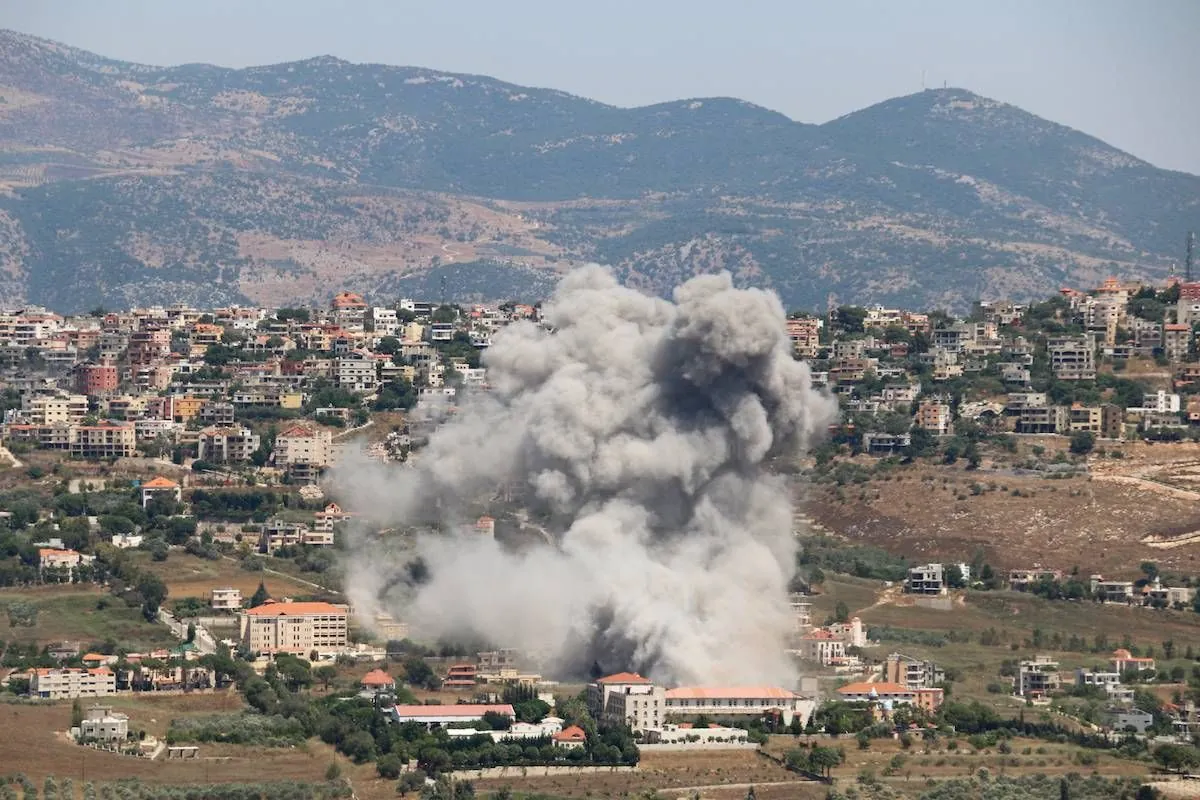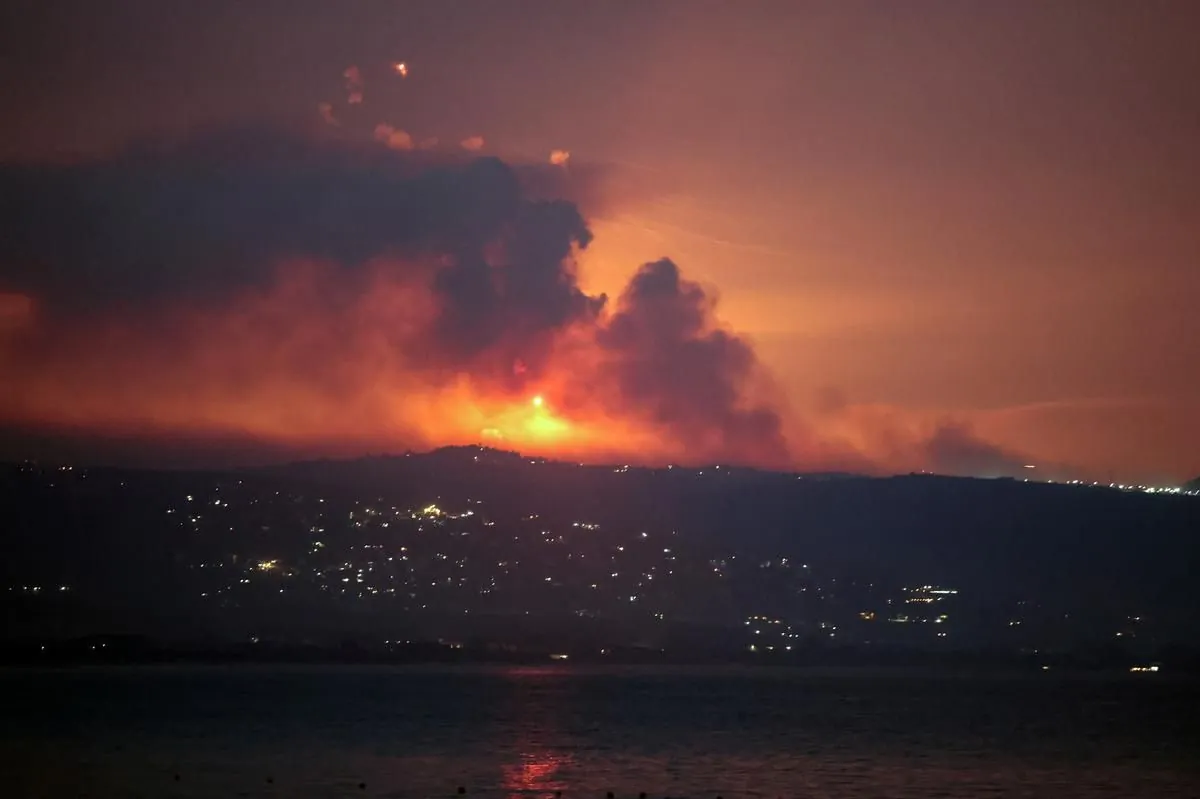Israel and Hezbollah Exchange Heavy Strikes, Raising Regional Tensions
Israel conducted preemptive strikes on Hezbollah targets in Lebanon, prompting retaliatory rocket and drone attacks. Both sides signal desire to avoid full-scale war as diplomats work to prevent wider conflict.

On August 25, 2024, Israel and Hezbollah engaged in their most intense exchange of strikes since October 2023, escalating tensions in the region. The Israel Defense Forces (IDF) launched preemptive airstrikes on nearly 30 towns across southern Lebanon, targeting what they claimed were "thousands" of Hezbollah rocket and missile systems poised for a major attack on Israeli targets.
In response, Hezbollah fired over 150 rockets and drones into Israel, most of which were reportedly intercepted by Israeli air defense systems. The militant group claimed to have launched more than 320 Katyusha rockets at 11 military sites, declaring their operation a "complete success."

The exchange resulted in casualties and infrastructure damage on both sides. Lebanese Health Minister Firas Abiad reported at least three fatalities in Lebanon, including one Hezbollah-allied militant. In Israel, officials assessed the damage but reported no immediate injuries.
This escalation follows months of rising tensions, marked by significant events:
- The assassination of Hamas political leader Ismail Haniyeh in Tehran in July 2024
- The targeted killing of Hezbollah commander Fuad Shukr in late July 2024
- A rocket attack on an Israeli Druze village, killing 12 civilians
The IDF stated that their strikes were conducted after obtaining intelligence about Hezbollah's imminent large-scale attack. Among the potential targets was reportedly the headquarters of Israel's Mossad at a military base.
In response to the threat, Israel implemented emergency measures:
- Restricting civilian movements in northern areas
- Temporarily halting flights at Ben Gurion Airport
- Closing public beaches in Haifa
- Preparing air raid shelters
U.S. President Joe Biden is closely monitoring the situation, with senior U.S. officials in continuous communication with their Israeli counterparts. Diplomatic efforts are underway to prevent a wider regional conflict, with negotiators, including CIA Director William J. Burns, expected to convene in Cairo.
Both Israel and Hezbollah have indicated a desire to avoid full-scale war. Israeli Foreign Minister Israel Katz stressed that Israel "is not seeking a full-scale war and will act according to developments on the ground." Similarly, Hezbollah announced the completion of its operations "for today," describing the attack as the "first phase" of retaliation for Shukr's killing.
"Israel launched a preemptive strike to thwart the attack, but is not seeking a full-scale war and will act according to developments on the ground."
The ongoing conflict has taken a significant toll since October 2023, with at least 126 civilians and nearly 400 Hezbollah fighters killed by Israeli strikes, while Hezbollah attacks have resulted in 24 civilian and 19 soldier fatalities in Israel.
As tensions remain high, the international community continues to monitor the situation closely, hoping to prevent further escalation in this volatile region.


































